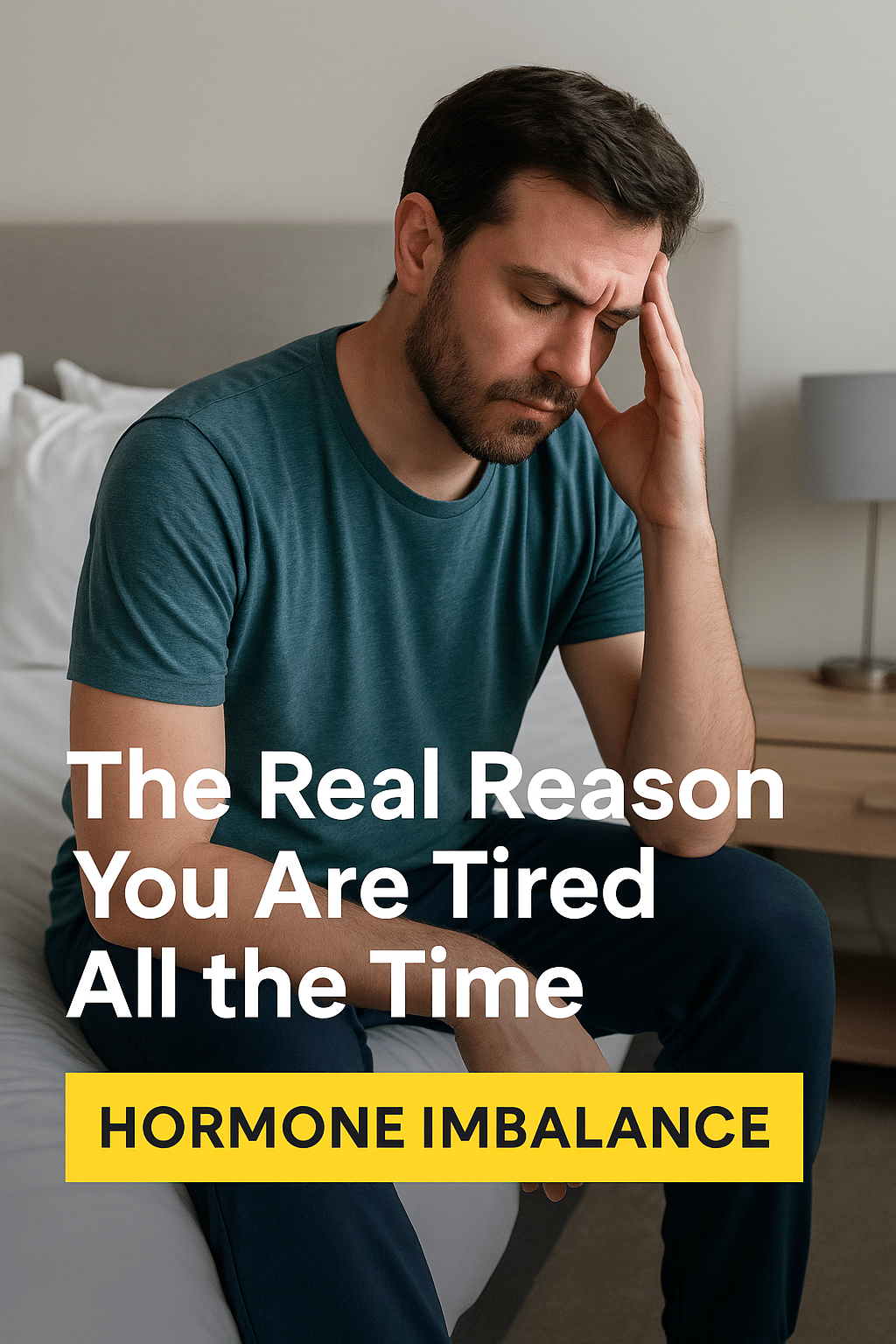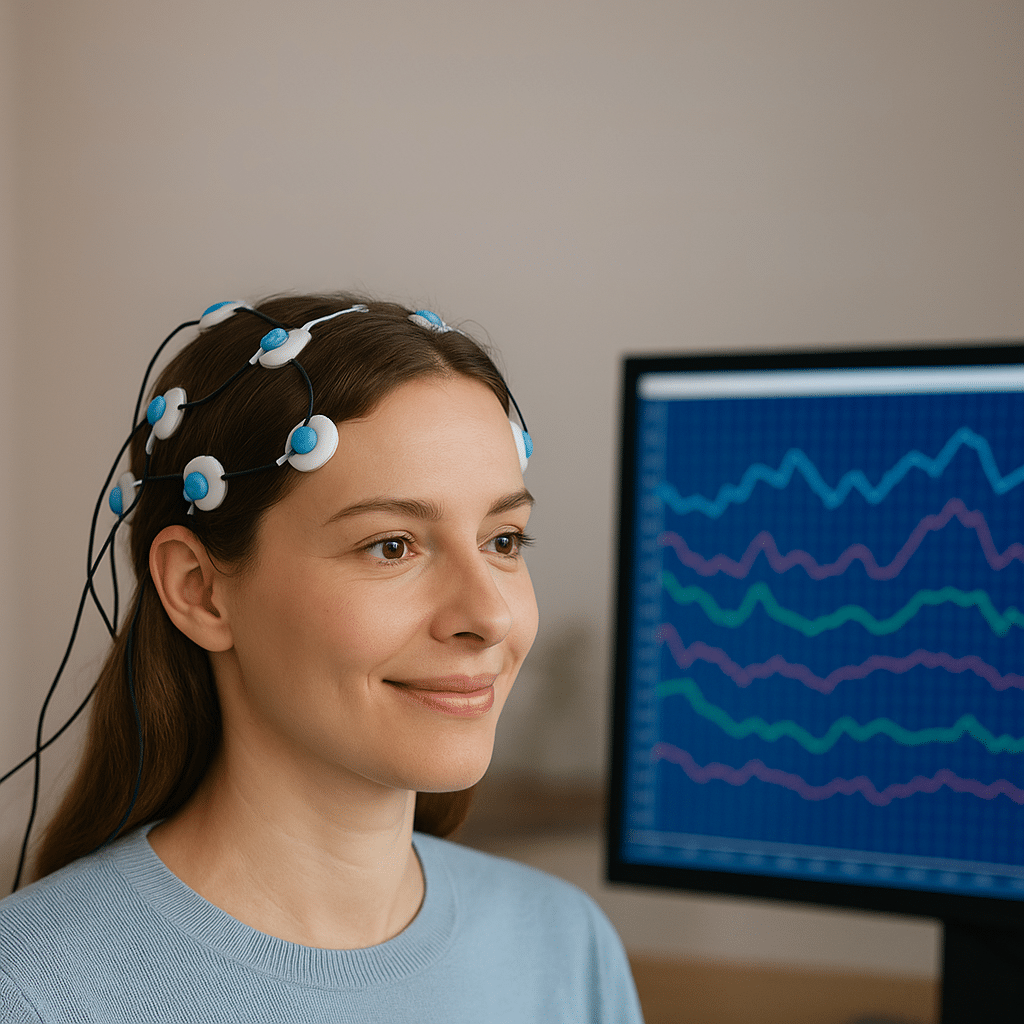Attention-Deficit/Hyperactivity Disorder (ADHD) and depression are two distinct conditions that can significantly impact mental health. Yet, these conditions share an important commonality: dopamine dysregulation. Dopamine, a neurotransmitter responsible for motivation, reward, and emotional regulation, plays a critical role in both ADHD and depression.
This blog explores the connection between these conditions, why they often co-occur, and how dopamine dysfunction contributes to their symptoms. Zeam Health & Wellness, with offices in Sacramento, Roseville, and Folsom, is dedicated to helping individuals manage their mental health challenges, including ADHD and depression.
The Role of Dopamine in Mental Health
Dopamine is a key chemical in the brain that influences a range of functions, including focus, decision-making, and emotional balance. It is particularly important in the brain’s reward system, which helps individuals feel pleasure and motivation when achieving goals or completing tasks. When dopamine levels or signaling pathways are disrupted, it can result in conditions like ADHD and depression.
Research has shown that dopamine dysregulation affects brain areas like the prefrontal cortex, striatum, and limbic system. These regions are involved in attention regulation, impulse control, and emotional processing, all of which are impaired in ADHD and depression.
How Dopamine Affects ADHD Symptoms
Individuals with ADHD often experience difficulties in attention, impulse control, and emotional regulation, all of which are linked to dopamine. People with ADHD have deficits in dopamine transporters, leading to lower dopamine activity in key areas of the brain. These deficits impair the brain’s ability to sustain attention and regulate impulsive behaviors.
Dopamine also impacts the brain’s reward system, making it harder for individuals with ADHD to feel satisfaction from completing everyday tasks. This can result in procrastination or impulsive decision-making.
Understanding the Link Between ADHD and Depression
ADHD and depression often coexist, and studies suggest that individuals with ADHD are at a higher risk of developing depression. This link can be partially explained by dopamine dysregulation. When dopamine signaling is impaired, it affects not only focus and motivation but also mood stability. This makes people with ADHD more vulnerable to depressive symptoms such as feelings of worthlessness, fatigue, and anhedonia (the inability to feel pleasure).
In addition, the challenges associated with ADHD, such as difficulties at work or school, strained relationships, and low self-esteem, can increase the risk of depression. For many, the overlap between ADHD and depression creates a cycle where the symptoms of one condition exacerbate the other.
Dopamine Dysregulation in Depression
Dopamine dysfunction is also a major factor in depression. A 2023 study led by More et al. focused on the role of dopamine in emotional regulation and reward processing. The researchers analyzed participants with depressive symptoms and found significant disruptions in dopamine pathways, particularly in the prefrontal cortex and limbic system. These disruptions contributed to anhedonia and impaired decision-making, two hallmark symptoms of depression.
Stress can further affect dopamine signaling, compounding the symptoms of depression. Chronic stress reduces dopamine production and release, weakening the brain’s ability to regulate mood and motivation. This connection underscores the importance of addressing dopamine dysregulation in treatment strategies for depression.
Shared Brain Pathways: ADHD and Depression
Both ADHD and depression involve abnormalities in similar brain regions, including the prefrontal cortex, striatum, and amygdala. The prefrontal cortex, often called the brain’s “control center,” is essential for regulating attention, emotions, and decision-making. In people with ADHD or depression, this region shows reduced activity and connectivity.
The striatum plays a crucial role in reward processing. Studies have shown that individuals with ADHD and depression often experience diminished activity in the striatum, making it harder to anticipate or respond to rewards. This dysfunction contributes to the lack of motivation and engagement commonly observed in both conditions.
The amygdala, part of the limbic system, is involved in processing emotions. In depression, it often becomes overactive, leading to heightened emotional sensitivity. In ADHD, irregular activity in the amygdala can cause emotional dysregulation, which further increases the risk of depressive episodes.
Managing ADHD and Depression Together
Addressing ADHD and depression together requires a thoughtful and integrated approach because these conditions often influence and amplify one another. Our experienced team in Sacramento, Roseville, and Folsom provides personalized care, including medication management, therapy, and lifestyle support, to help patients navigate ADHD and depression.
Medication
For ADHD, stimulants like methylphenidate or amphetamines can increase dopamine levels, improving focus and reducing impulsivity. These medications help regulate attention and reward pathways.
For depression, medications such as dopamine-norepinephrine reuptake inhibitors (DNRIs) or selective serotonin reuptake inhibitors (SSRIs) are commonly prescribed. Bupropion, for instance, is a popular choice for addressing both ADHD and depressive symptoms, as it influences dopamine and norepinephrine activity.
Therapy
Cognitive-behavioral therapy (CBT) is a proven method for managing the emotional and behavioral challenges of ADHD and depression. CBT focuses on teaching practical skills, such as breaking large tasks into manageable steps, managing negative thought patterns, and improving time management.
For individuals with both conditions, therapy often emphasizes emotional regulation, which can reduce feelings of overwhelm and hopelessness.
Lifestyle Changes
Regular physical activity, like running or yoga, naturally boosts dopamine levels, promoting better mood and focus. Additionally, a diet rich in tyrosine-containing foods, such as lean meats, fish, eggs, and soy, supports brain health by providing the building blocks for dopamine production.
Prioritizing restful sleep is essential, as poor sleep worsens both ADHD and depressive symptoms. Maintaining a consistent sleep schedule and creating a calming bedtime routine can help regulate energy and mood.
Advances in Research and Treatment
Emerging studies are exploring new ways to target dopamine dysregulation in both ADHD and depression. For instance, therapies focused on the D1 and D2 dopamine receptors show promise in improving reward sensitivity and emotional regulation. Additionally, advanced neuroimaging techniques are helping researchers better understand how structural brain differences contribute to these conditions.
By tailoring treatments to address the specific neurobiological underpinnings of ADHD and depression, clinicians can provide more effective care. Integrative approaches that combine medication, therapy, and lifestyle interventions offer hope for improved outcomes.
Take the Next Step Toward Better Mental Health
If you or a loved one are struggling with ADHD, depression, or both, Zeam Health & Wellness is here to help. We offer comprehensive ADHD testing and psychiatry services to address your unique needs. Whether you are in Sacramento, Roseville, or Folsom, Zeam Health & Wellness is here to support your journey toward better mental health. Contact us today to take the first step toward better mental health and a brighter future.




